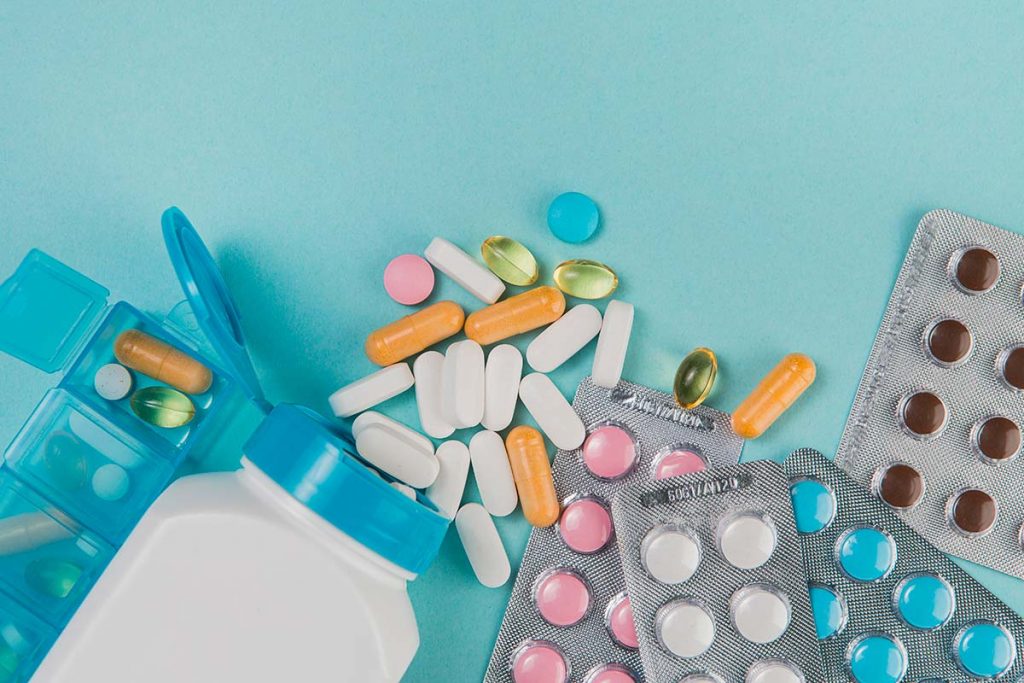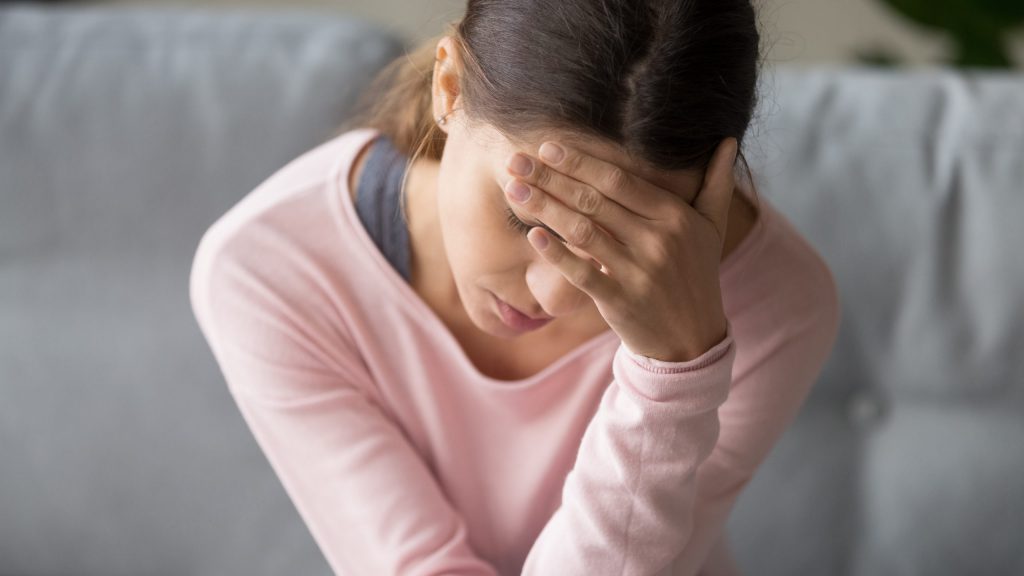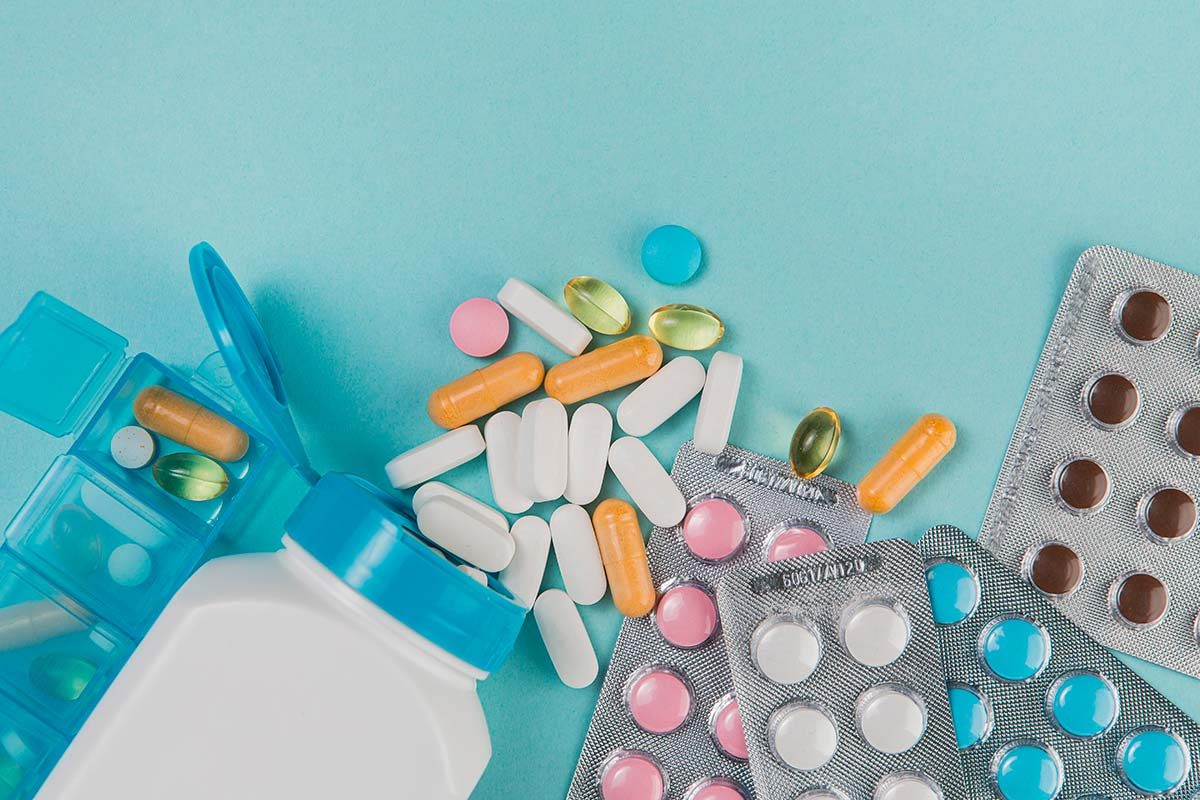The news reports today frequently mention the increasing rate of opioid overdose cases, and medical professionals are calling it a national crisis. Opioids are pain-relieving compounds that bind to opioid receptors contained in brain cells.

Originally, the drugs were made from the poppy plant, but opioids are now legally and illegally manufactured as synthetic drugs. Physician prescribe legal opioids and carefully oversee their use by patients to prevent addiction. Unfortunately, there are now many synthetic opioids made in illegal “factories” that are sold on the streets to create or maintain drug addicts.
What is Opioid Overdose?
Legal opioids can effectively relieve pain when used judiciously and according to a physician’s instructions. They serve a good purpose. When the opioids attach to brain cells, the perception of pain is masked. These drugs also increase feelings of pleasure. People who have chronic pain are sometimes tempted to use opioids in an improper manner to relieve the pain. However, there are many people who use opioids simply because they enjoy the “high.”
What is opioid overdose? It is when an excessive dose of opioids causes life-threatening conditions. Many times the first indication of an overdose is the inability to breath normally because of the suppression of the respiratory system. When the vital organs, muscles and other tissues do not get enough oxygen, the person will become lethargic and lose attentiveness.
In many cases, it is loss of consciousness that alerts or convinces others the person has overdosed on opioids. In the worst case scenario, short of death, the opioid overdosing causes irreparable damage to the brain, nervous system or organs.
Opioid Overdose Statistics
According the Centers for Disease Control and Prevention’s National Center for Health Statistics, the number of overdose deaths involving opioids was 49,098 in 2017. Currently, more than 115 people are dying each day in the United States due to opioid overdosing. The opioids include prescription medications, heroin and synthetic opioids like fentanyl.
From July 2016 to September 2017, the number of opioid overdoses rose by approximately 30 percent. Approximately 142,000 people experiencing an opioid overdosing visited hospital emergency rooms. Unfortunately, the opioid overdose statistics indicate the numbers are continuing to rise exponentially in 2018, largely due to the abuse of prescription opioids and illegal synthetic drugs.

Opioid Overdose Symptoms
The opioid overdose symptoms can vary from person to person, but there are some common ones. They include:
- Hypoventilation – slowed or irregular respiration, poorly functioning lung, minimal rising and falling of the chest
- Respiratory arrest – not breathing
- Pinpoint pupils – the pupil shrinks to a very small size
- Unconsciousness – lack of motor functions and unable to react to stimulus
- Extreme sleepiness
- Mental confusion or delirium
- Severe or frequent vomiting
- Inability to speak intelligibly
- Muscle weakness – difficulty walking or standing
- Cold and clammy skin
- Change in color – pale face, blue fingernails and lips
The many symptoms make people hesitate to seek help for friends or family members due to uncertainty. It is more important to follow instincts, and call for help when an overdose is suspected, rather than taking the risk of the person dying.
Opioid Overdose Treatment
Naloxone is the common medication now used to treat an opioid overdoses. It binds to the same receptors that opioid drugs bind to, preventing the drug from creating the “high” that drug addicts seek. In most cases, naloxone only lasts for one to a few hours. A lot depends on the type and quantity of opioid used.
Opioid overdose treatment options include:
- Getting medically assessed
- Undergoing a detoxification process to rid the body of opioids
- Attending a drug rehabilitation program
- Developing a life plan to remain free of addiction
Anyone who is addicted to opioids should be under a doctor’s care. The doctor will assess the person’s physical and mental damage, and determine the best course of action to overcome the addiction. Aftercare in some form is critical to keeping the individual from resuming a life of addiction.
